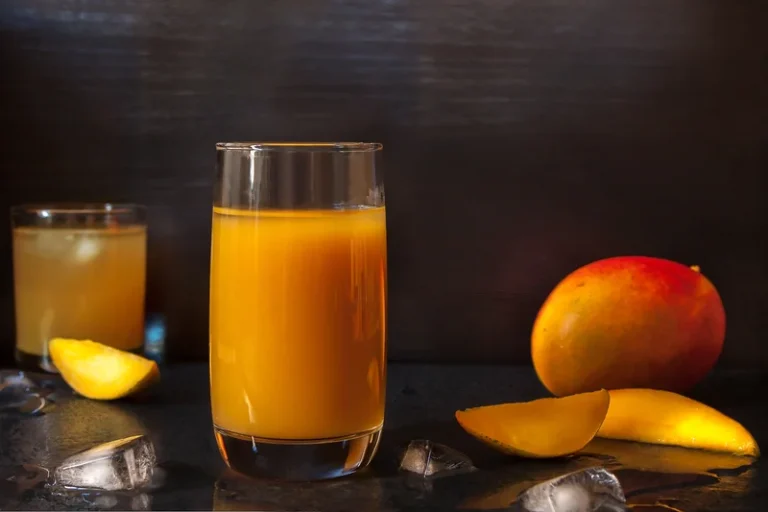
If you take more than the recommended dose, you may experience withdrawal symptoms. Some people of Asian descent have difficulty metabolizing alcohol because they are missing a liver enzyme needed to process alcohol. These individuals can experience facial flushing, nausea, headache, dizziness, and rapid heartbeat. Drinking water, sleeping, or drinking caffeine does not remove alcohol from the blood, and will not speed up the process of getting alcohol out of the system. Alcohol is a toxin, so your body prioritizes breaking it down to eliminate it quickly.
FAQs About Alcohol Addiction and Alcohol Detox
Eating a diet rich in prebiotics keeps your digestive system healthy, which is important for proper detoxification and immune health. Replacing junk food with healthier choices like fruits and vegetables is also a healthy way to reduce consumption. People often attribute sugar and processed foods to many of today’s public health crises (26). Adequate sleep allows your brain to reorganize, recharge, and eliminate toxins that accumulate throughout the day.
How Your Body Processes Alcohol
It is tempting to reach for sugary snacks when you have a hangover, but it is best to avoid them. Consuming foods rich in sugar can further throw off your blood sugar levels, making the effects of the hangover last longer. While the body works on metabolising alcohol, it suffers from dehydration. You must increase your water intake after drinking too much alcohol to rehydrate. Here is all the necessary information about how the human body metabolises alcohol, how long it takes to eliminate alcohol from your system, and how to speed up this process. The same 2013 research review above showed that there’s not much you can do to speed up hangovers.
Find out more about our admissions process

Hangovers generally only last up to 24 hours and go away on their own. When a person consumes alcoholic beverages, the alcohol builds up in their bloodstream. The liver is the primary organ for eliminating alcohol and needs time to filter the blood and break flush alcohol out of your system the alcohol down. Exercise boosts metabolism and circulation, aiding in faster elimination of toxins including alcohol from the body. Activities like jogging, cycling, or brisk walking increase metabolic rate and promote sweating for detoxification.
Rate of Drinking
For example, if two people each have blood alcohol levels of 20 mg/dL, the alcohol will metabolize in about an hour in each person, but their BAC can be very different. Silver Pines and Steps to Recovery have provided addiction recovery programs in Pennsylvania for over a decade with detox, residential, outpatient, and sober living services. Last year, we expanded our services to include robust mental health services, new locations, and specialized services for our nation’s veterans with more to come this year! Working out does not directly flush out alcohol from your body per se, but it helps keep you healthy, active and invigorated. You will breathe easier and sweat profusely, releasing toxins naturally. This will help make the flushing out of urine and, essentially, the alcohol in your system.
- Eating iron-rich foods can give you energy, make you feel replenished and help to alleviate the effects of alcohol consumption.
- You’ll have trouble with things like speech, balance, coordination, and reaction times.
- Chances are, you’ve probably asked yourself, “how can I flush this alcohol out of my system?
- Take this quiz to learn how to be more mindful with your drinking habits.
- Regardless of how much you’ve had, it’s important not to get behind the wheel of a car (or a boat) when drinking.
- Limiting or abstaining entirely from alcohol is one of the best ways to keep your body’s detoxification system running strong.
- To assess a person’s withdrawal symptoms and recommend treatments, doctors often use a scale called the Clinical Institute for Withdrawal Assessment for Alcohol.
- On average, it takes about one hour for the body to eliminate one standard drink.
- The more alcohol a person drinks, the longer it takes for the alcohol to get out of their system.
Efficiently eliminating alcohol aids in quicker recovery by reducing its harmful effects on the body. Alcohol metabolism plays a crucial role, with the liver breaking down alcohol into less toxic substances for elimination. Engaging in physical activities can significantly contribute to expediting the elimination of alcohol from your system. Exercises like jogging, cycling, or even brisk walking can help boost your metabolism and circulation.
When should one consider medical interventions for alcohol detox?
EtG remains detectable in urine for approximately 2-3 days following the last consumption. Eating probiotic-rich foods can help your digestive system recover from the consumption of alcohol more quickly. Remember, the healthier your liver is, the faster it will process alcohol and help you reach sobriety.
Type of Alcoholic Beverage Consumed
Once your BAC hits .08 percent, you’ll have the tell-tale signs of being drunk. You’ll have trouble with things like speech, balance, coordination, and reaction times. When it comes to “passing” an alcohol test, there’s no guarantee. More sensitive or higher quality tests can pick up smaller amounts of alcohol. And because everyone metabolizes alcohol at their own rate, some people will take longer to clear it than others. A half-life is how long it takes for your body to get rid of half of it.
- Factors like metabolic rate, body composition, and alcohol tolerance also play a role.
- This is important since alcohol drinks often leave you dehydrated.
- In large amounts, this byproduct causes extensive damage to the liver, which can slow down the detox process.
- That’s why people who attend alcohol rehab often receive nutritional support during recovery.
- While this may seem fairly obvious, it can be harder to do than you might think; especially if you drink regularly.
Sunshine Behavioral Health Facilities

Generally, these are accurate for 12 to 24 hours, although you may test positive up to 80 hours after drinking alcohol. Women have less dehydrogenase, an enzyme that breaks down alcohol in the stomach. This contributes to women reaching higher blood alcohol levels than men despite drinking the same amount of alcohol. Alcohol — or ethanol — tests can detect alcohol metabolites in urine, breath, saliva, sweat and blood for between two and 80 hours.
